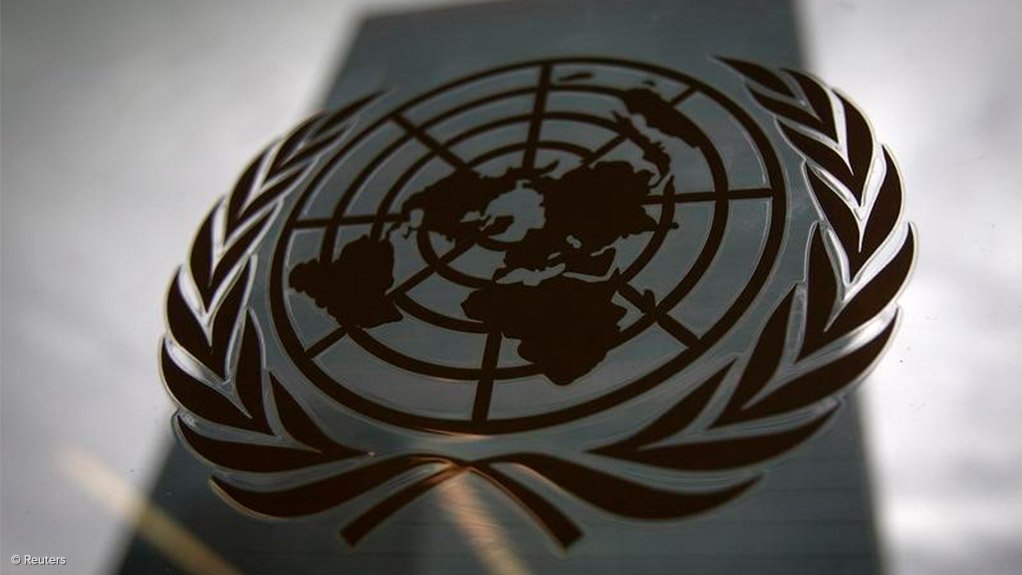South Africa’s newly-accredited permanent representative to the United Nations in New York, Ambassador Mathu Joyini, has reiterated the country’s long-held position that the Security Council needs reform.
In a statement on Tuesday the department of international relations and cooperation said Joyini, who presented her credentials last week, made the call during her maiden address at the UN General Assembly on Monday during the opening session of the Intergovernmental Negotiations on Security Council reform.
This is an annual process in which member states exchange views with the aim of delivering tangible results on reform, in line with a unanimous decision by heads of state in 2005 to make the Security Council more broadly representative, efficient and transparent and thus enhance its effectiveness and the legitimacy and implementation of its decisions.
Joyini said the council was currently debilitated by the lack of representation and that Africa needed a permanent presence in the influential organ of the world body.
“In 2005 with the adoption of the Ezulwini Consensus, Africa made clear that our goal is ‘to be fully represented in all the decision-making organs of the UN, particularly in the Security Council, which is the principal decision-making organ of the UN in matters relating to international peace and security’ – this remains our primary goal,” she said.
“South Africa’s recent experience serving as an elected member of the Security Council has proven to us that the non-representation in the permanent category and under-representation in the non-permanent category of Africa adversely affects the Council’s ability to adequately address matters of peace and security on the continent”.
Africa has long called for the expansion of the Security Council from 15 to 26 members, and for not less than two permanent seats for the continent, with all the prerogatives and privileges including the rights of veto.
While Africa is opposed to the veto in principle, it demands the right to the veto for as long as it exists. Furthermore, it wants five non-permanent seats.
The UN Security Council has five permanent members with veto power, namely China, France, Russia, the United Kingdom and the United States. It also has 10 non-permanent members, five of which are elected each year by the General Assembly for a two-year term.
“We have an obligation to deliver on the mandate given to us by the heads of state in 2005, to urgently reform the United Nations Security Council,” said Joyini.
EMAIL THIS ARTICLE SAVE THIS ARTICLE
To subscribe email subscriptions@creamermedia.co.za or click here
To advertise email advertising@creamermedia.co.za or click here











